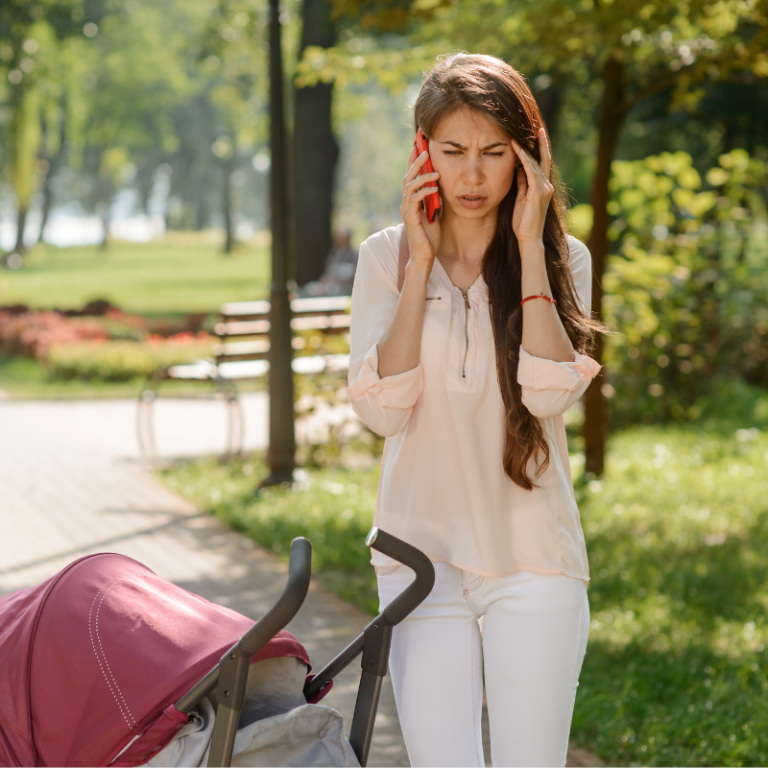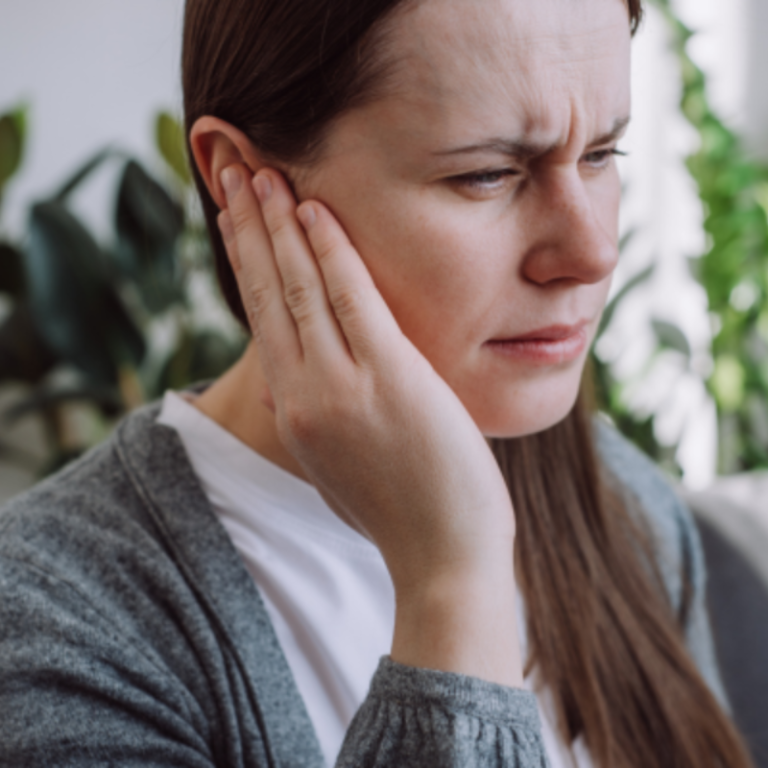Hearing loss is a common condition that affects over 55% of those 75 and older but can affect anyone at any age. The causes for hearing loss can vary from person to person – from ageing to attending many too-loud concerts – and so can the symptoms. But there are some things to keep an eye out for to help indicate hearing loss to you and your loved ones.
It’s vital to spot the signs of hearing loss as early as possible to ensure measures are taken to preserve your hearing and restore your quality of life. Read on to learn more about the signs of hearing loss and what to do about it.







